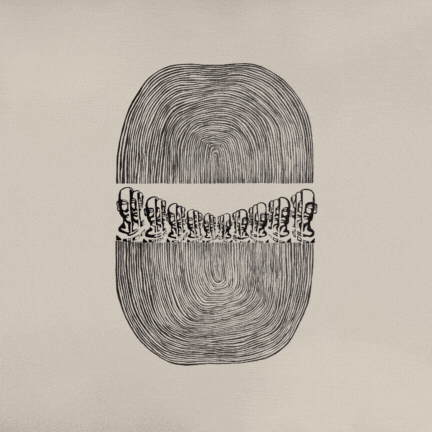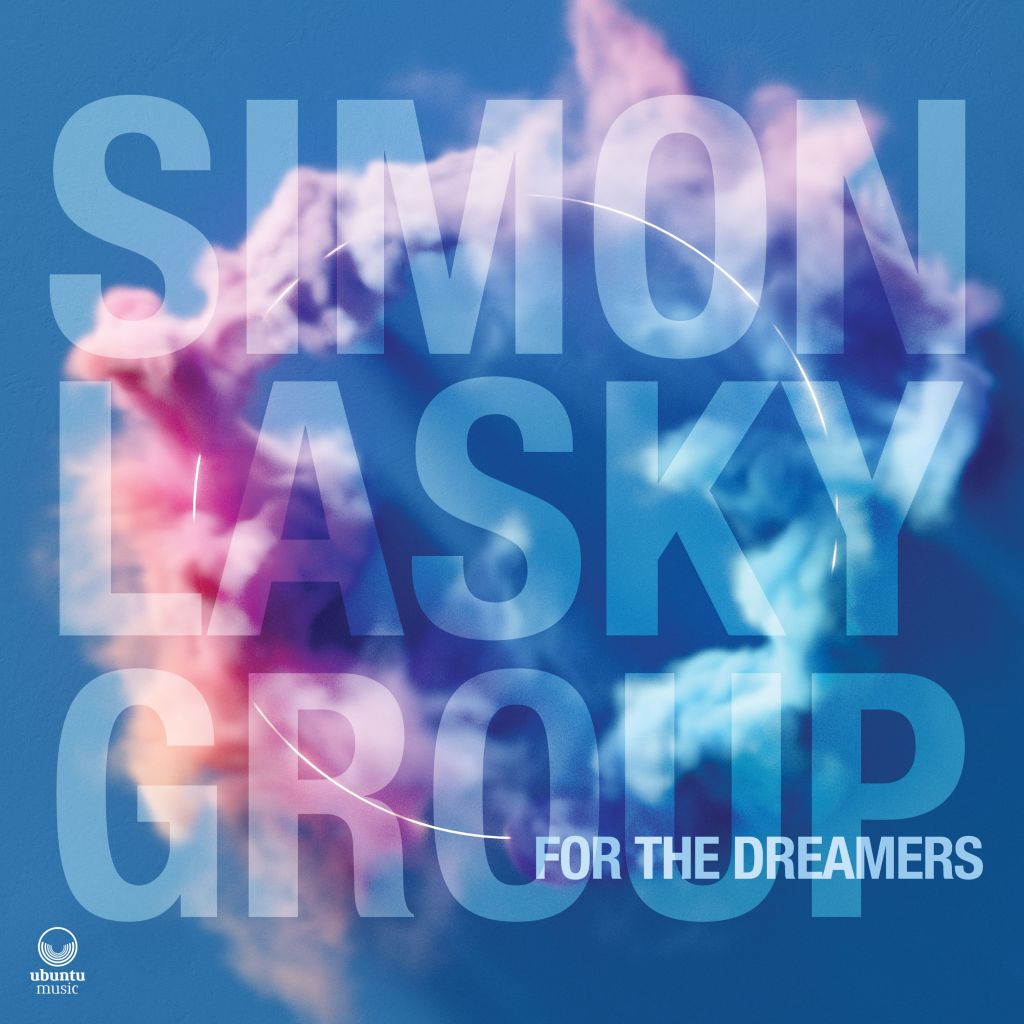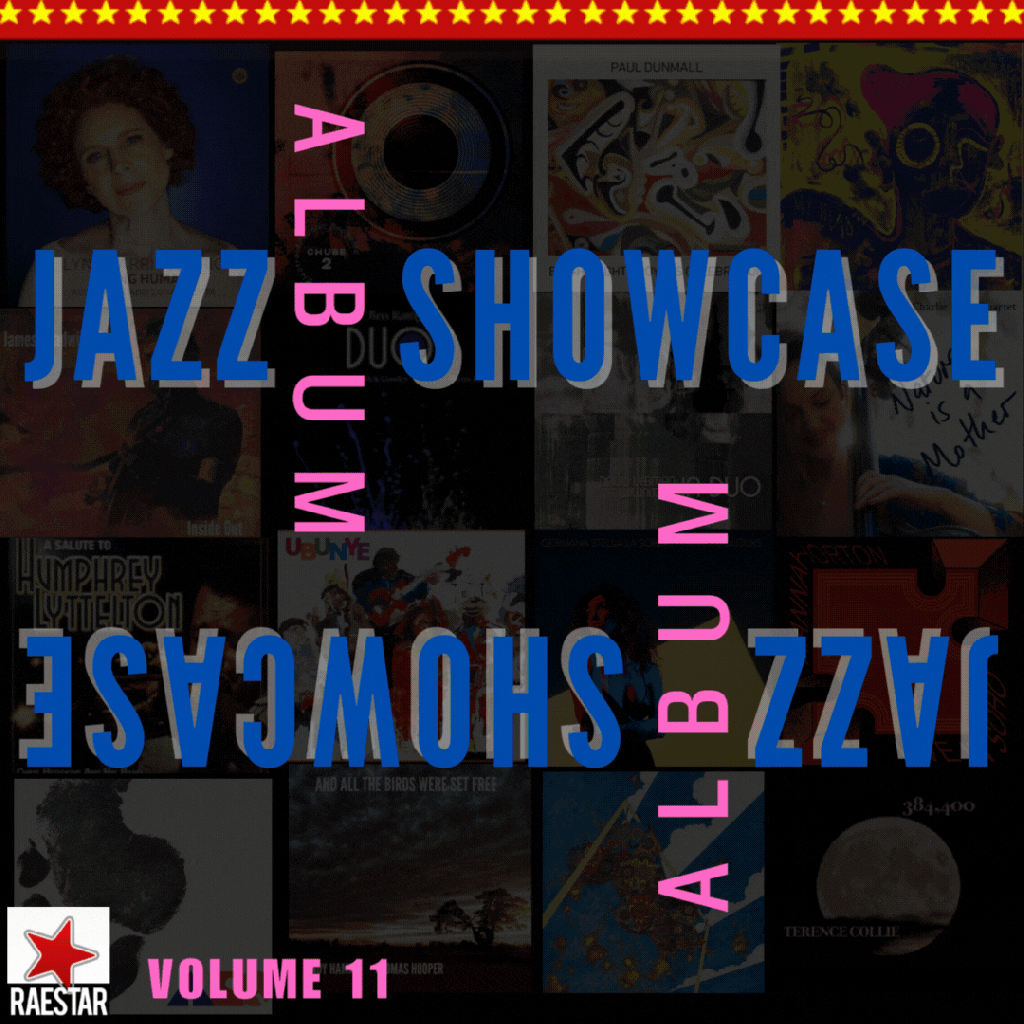Sad to hear of the passing away of one of the great jazz vocalists, Mark Murphy.
Here is Sheila Jordan’s tribute on Facebook: “I just learned from friends that My Buddy of over 50 years has passed away. I am devastated. I knew it was coming but I had hoped I would be in the states and not in Europe on tour when it happened. I will dedicate my concert tonite to you my dear Mark. I am grateful that I was able to visit Mark during his illness and especially just a week ago. I have so many funny stories about our friendship and tours together. You will always live in my heart my friend. Rest in Peace, Markie..”
Obituary by Andrew Cartmel
Mark Murphy, who died on October 22 at age 83 was, for my money, the greatest male jazz singer. And quite possibly you could delete the word ‘male’. Once I discovered his work, I went to see him every chance I could get, and now that he’s gone I’m deeply grateful that I did. When he was playing two nights at Ronnie Scott’s in August 2008, I scraped the money together so that I could be there both nights, stationed at a table at the very front, so close to the stage I was almost sitting on the drum kit. Something in my demeanour must have signalled my appreciation because on the second night, before he started performing, Mark Murphy came up to me and said, “You’ve got hot ears, kid.” We shook hands, his large fingers encrusted with chunky rings, gems gleaming in the club’s moody lights.
Murphy was a neo-beatnik hipster who often spoke in cryptic, gnomic fragments. Sometimes by way of reply he’d just sing little abstract snatches of song. In January 2012 he was the focus of a uniquely intimate event at Morley College in London where, essentially, he sat in a classroom with a small audience and was interviewed by Claire Martin for BBC Radio 3. There was a panel consisting of Ian Shaw, Norma Winstone and Peter Churchill and when he wasn’t being interviewed, Murphy sang beautifully, deftly accompanied by pianist George Mesterhazy. But the great man’s answers were so otherworldly and idiosyncratic that I wondered how they’d ever edit the event together into a coherent radio program.
The title of that Morley College event was Meet Mark Murphy which, fittingly, was also the title of his debut album in 1956. Murphy would become a complex shambling, rambling bear of a man who communicated best through song, a shaman of a beat poet. But he started off as a clean cut, handsome young fellow with an All American smile being groomed as a singing idol, first by Decca Records in the USA, where he recorded two excellent albums with arrangements by Ralph Burns and then by Capitol, who chose the equally gifted Bill Holman as the arranger.
His biggest early impact, however, was when he left Capitol for the jazz label, Riverside, to create two albums, Rah with Ernie Wilkins and That’s How I Love the Blues with Al Cohn. It was also on Riverside where he recorded his one hit single, a cover of Fly Me to the Moon. Ever unconventional, Murphy abandoned Riverside and America and decamped to England. Here he recorded two obscure albums for forgotten labels, Who Can I Turn To on Immediate (Andrew Loog Oldham’s label) and This Must Be Earth on Phoenix (Jonny Trunk now owns the rights to this one and I’m trying to badger him into reissuing it). Murphy also worked with Tubby Hayes at Fontana.
His restlessness next drove him to Europe, where he fashioned a classic album Midnight Mood working with elements of the Clarke Boland big band, then back to America for a whole string of excellent albums on Muse, including his wonderful tributes to Jack Kerouac and some outstanding vocal versions of classic jazz instrumentals — both Oliver Nelson’s Stolen Moments and Freddie Hubbard’s Red Clay are miniature masterpieces. Murphy wrote the lyrics for these and was a painstaking craftsman, discussing with Hubbard the images which had been in the trumpeter’s mind when he’d composed the original.
After decades of obscurity, and a return to Europe where he worked as a teacher of jazz vocalists, Murphy had a late career resurgence when he signed to Verve. In 2007 he released the album Love Is What Stays with arrangements by Till Brönner and Nan Schwartz. It was released on vinyl as well as CD and, 51 years after his debut record, I had the strange and heady experience of putting these two albums, recorded half a century apart, on the turntable, back to back. This was Mark Murphy as the lion in winter. In his later years he couldn’t command the great range and power he’d so effortlessly summoned in his youth. But he had that half century of experience. His timing was superlative, and he possessed an immense canniness about how best to deploy his remaining strength, so much so that his greatness as a singer wasn’t diminished, merely transformed.
Murphy played Ronnie Scott’s again in 2012, during the same visit when he did the Morley College event. He was supposed to return to London in 2013, but had to cancel due to ill health. The writing was on the wall. In his final years he was no longer with a major label and was in danger of sliding back into obscurity. His manager Jean-Pierre Leduc saved him from this fate. I was able to hook Jean-Pierre up with Gearbox Records in the UK and had the honour of setting in motion Murphy’s final vinyl recording, a Shirley Horn tribute. After that, Murphy recorded a last CD, Shadows on TCB, the Montreux Jazz label. And then there’s silence.
There are innumerable Mark Murphy recordings out there, in print or out of it, and none of them are bad. If you’ve never heard him before you could do a lot worse than simply visiting You Tube and auditioning his lovely version of Waters of March. This literally great singer, the shamanic yeti, the beat bopster, always surprising, ever virtuosic, warm, eccentric, unequalled, is gone.
You had hot pipes, sir.
Categories: Obituaries












i'm not a fan of scat (i like ella doing other things) except when mark does it. and kurt. kurt was a complete hip swinger.
This comment has been removed by a blog administrator.
“Shadows” was actually recorded decades earlier, but a label could not be found to release it until last year. The album includes a “free” track and a very profound spoken word piece.